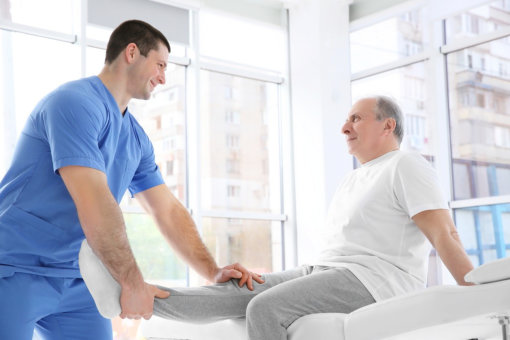
Children and adults who are suffering from disorders, such as muscular dystrophy or Down’s syndrome, will require more than the basic services for healthcare in California. They will require comprehensive neuromuscular disorder care, regardless if they are prescribed surgical or nonsurgical treatments.
To facilitate faster recovery from neuromuscular disorders or to prevent the further progress of one’s disorder, the doctor can recommend a number of treatments. For nonsurgical treatments, here are some of the recommendations you may hear from the doctor:
- Medications
The doctor may prescribe medications that not only can reduce inflammation but can also help in the improvement of muscle strength and the delay of muscular dystrophy progression. Make sure that the senior with the disorder will follow the schedule and dosage prescribed by the doctor. - Physical therapy
Physical therapy can be recommended for the purpose of improving a senior’s mobility and range of motion. Most assisted living facilities have in-house physical therapists to accommodate daily stretching and physical exercises. - Assistive devices
To maintain mobility and independence, assistive devices are essential. These rehabilitative devices can be walkers, strollers, canes, or wheelchairs. With these, seniors should be able to walk around without relying too much on their caregivers.
Seniors who have neuromuscular disorders are encouraged to live in a facility where they can be well-cared for. Our nursing home in Oxnard, California is ready to be your senior parent’s second home. Visit Conejo Valley Congregate Healthcare, Inc. today to see our facilities.



